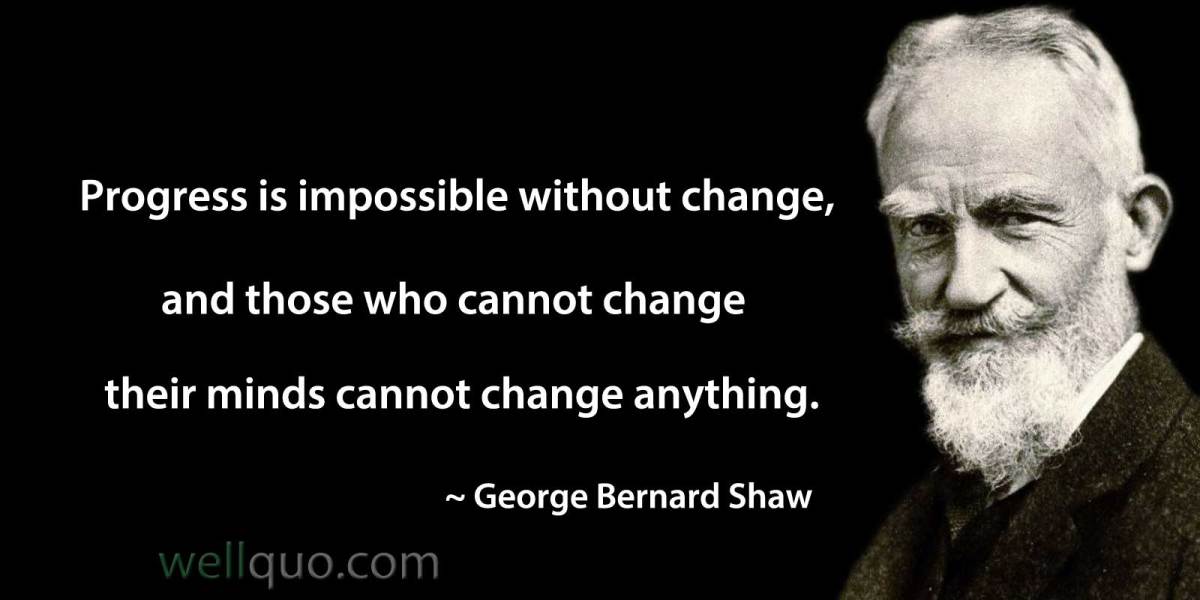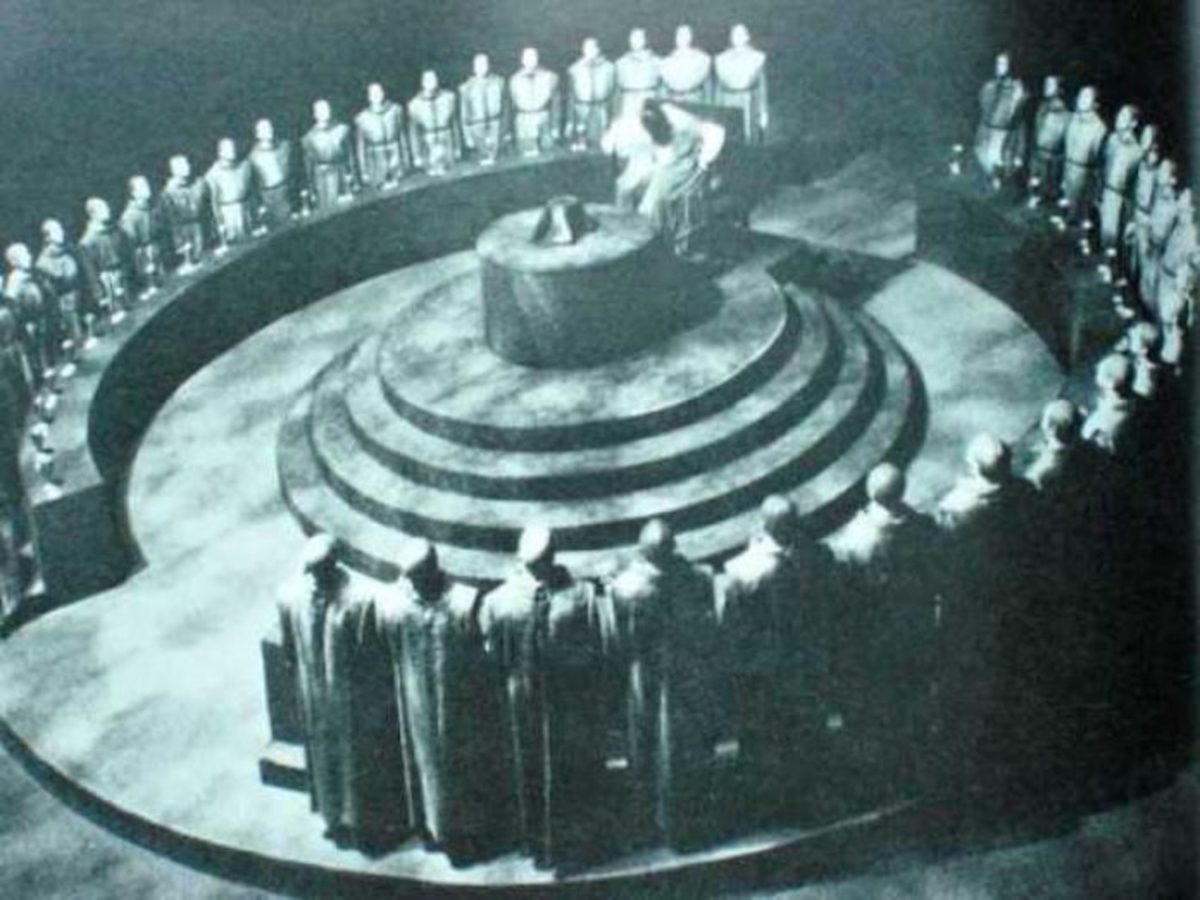Morality for Dummies
Standing in a Long Tradition
Over the past 10 years or so, the "...for Dummies" books have been very popular. There's hardly anything that hasn't been dumbed down, bound in a black and yellow cover, and sold to the masses of us dummies who would rather pick up our skills the easy way than go through arduous years of study that it requires to truly master anything worth mastering.
But this tradition of encapsulating a whole system of thought or belief didn't begin with these pop training manuals. In fact, if you go back to medieval England, you'll find a tradition that is very like the "... for Dummies" books in the plays that were in popular circulation in those days. When we look at the old morality plays, and their cousins mystery and miracle plays, we are looking at texts that were meant to put a whole ethical system into a nutshell, and distribute it for people who were never going to be able to put in the necessary hours of study to learn it by any other method. The plays were, then, "Morality for Dummies."
A Brief Background
The morality and mystery plays grew up in a very specific cultural milieu. During the time that these plays were so popular, the vast majority of the God-fearing in England were not able to read the Bible for themselves, and thereby gain some understanding of their Christian duty by means of their own study. There were several reasons for this. Firstly, most were illiterate. Added to this, they were poor, and the written word was a very costly commodity. But the real clincher was probably that it was illegal at the time to translate the Bible into any language other than Latin, a problem which cost many pioneer translators their lives.
The lack of an English language Bible created an obvious problem for preachers of the day. Obviously, most of the uneducated members of their congregations were not able to understand the scriptures that were read to them in the Church-approved tongue, but the preachers' hands were tied by the prohibitions on translation. One way they found around the prohibitions was to dramatize sections of the Bible that were more narrative in nature. That's where the mystery/miracle plays came in. These plays staged Bible stories to entertain the unwashed masses, and in the process educated them on the tales that shaped the doctrines of the Church.
But what about a more direct teaching of those doctrines? How would one go about extrapolating lessons from the stories and telling the faithful how to live their lives according to Church teaching?

Enter the morality plays.
The morality plays told the story of a character meant to represent average folks like you and me. The protagonist often wore a name that made his connection to the universal condition of humankind evident — names like Everyman or Mankind (also the titles of two of the more famous morality plays). Other characters would be named to represent virtues or vices, and the action of the play would center around how the protagonist was supposed to respond to these virtues and vices if he wanted to be pleasing to God and Church.
Of course, reference to the "action" of the play stretches the point just a little. In all honesty, not a lot happens during most morality plays, other than a lot of talking. But there is a bit of humor, and some memorable lines. Just perhaps not "action" in the sense we normally expect of a dramatic text.
It is interesting, then, to think about the morality play's place in the tradition of English drama. Perhaps it could be argued that the morality play is not, in many ways, a dramatic text so much as it is a doctrinal text. The form of the morality play is very allegorical, making plain the point it wants to teach, and in that way calls to mind other allegorical texts like John Bunyan's Pilgrim's Progress. But, however that may be, the performative intent of the morality play cannot be argued, and it certainly played its part in shaping English dramatic tradition long after its own glory days passed.
Continuing the Tradition
The tradition in which the morality play stands is a long one, and it didn't pass away with the acceptance of the Authorized Version of the Bible in England in 1611. In fact, churches all over the world today continue to use dramatized texts to reinforce the message they want to get across, whether that be by means of a troupe of actors, a puppet show aimed at the little ones, or even a video put up on YouTube.
And churches aren't the only ones using dramatizations to educate — schools, governments, social service organizations, and just about everyone else does the same thing, including parents who read a story to their kids in order to teach them to, say, share their toys. It's a method that's tried and true, and it probably won't go anywhere any time soon.
© 2010 Shelly Bryant
Links of Interest
- John Wycliffe and the Wycliffe Translation of the Bible
more about the ban on English translations of the Bible during the Middle Ages - William Tyndale and the Tyndale Bible
more on the ban on English translations of the Bible during the Middle Ages - Hind\'s Feet on High Places
a review of a modern religious allegory










